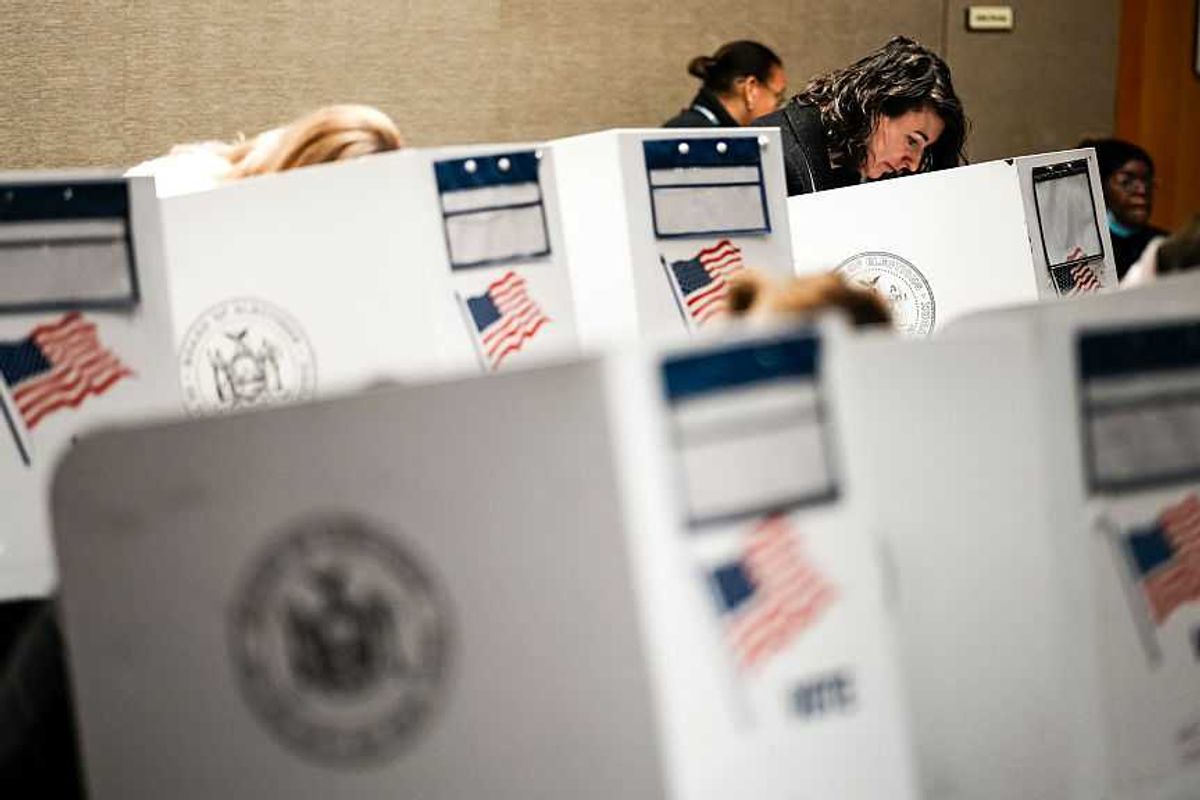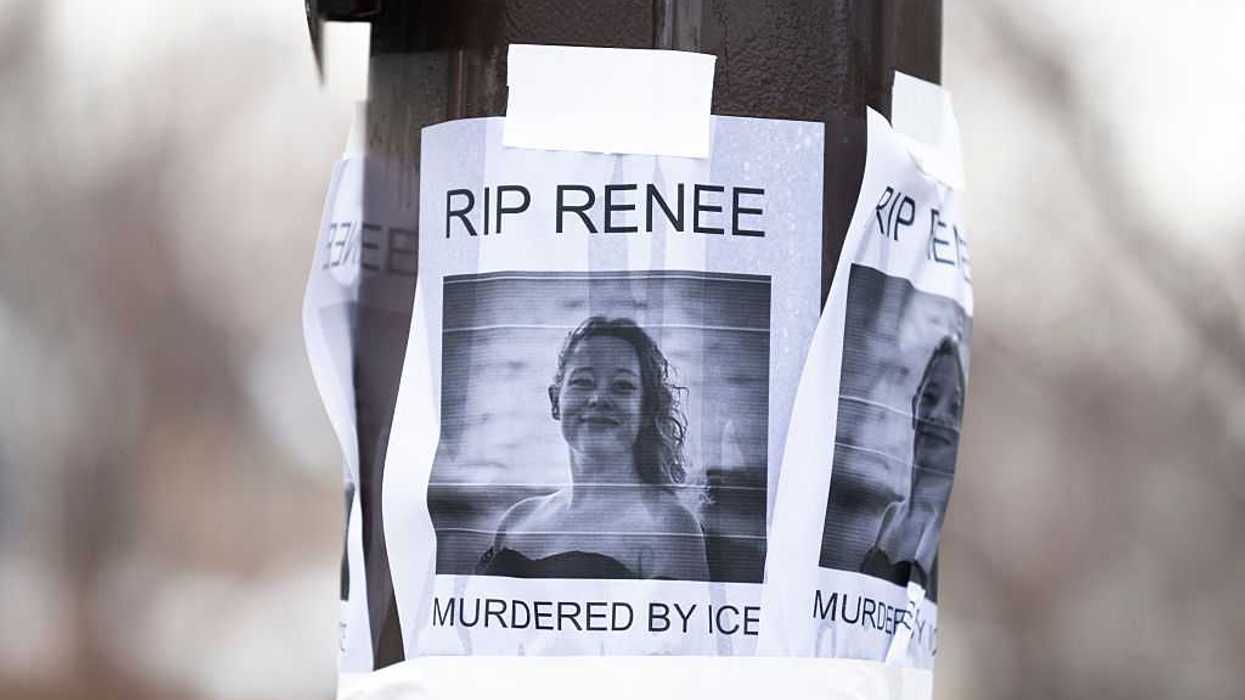In Texas, nearly half of the children under 18 are Latino, yet there has been a lack of focus on addressing their unique health challenges, according to a new report released by Children at Risk and its partners.
Latinos make up 58 percent of the population in Harris County Precinct 2 and are a growing majority in the state. With Latinos now comprising 40.2 percent ofthe population in Texas, the “Latino Child Health Initiative Report” finds that it is concerning that nearly one in five Latino children live in poverty despite high rates of labor force participation. “Despite this, Latinos face deep inequities in terms of healthcare and education. Around 34% of Latinos in Texas did not complete high school. Additionally, Latinos have a high risk of developing chronic diseases, yet they have less access to healthcare. Latino children are also most likely to be uninsured compared to other race or ethnic groups in Texas.”
The report’s authors hope these findings could move the Hispanic community forward. “We looked specifically at Latino children in our county, and what we know is that this is the fastest growing portion of our community, so what are we doing to make sure that we can be successful with these kids so that they can grow up and be productive?” said Dr. Bob Sanborn, President and CEO of Children at Risk, in an interview with KHOU.
In partnership with Child Health Policy at the Baker Institute, Children at Risk conducted the study focusing on key indicators to assess the overall health of Latino children in Precinct 2 of Harris County. The report examines factors such as type 2 diabetes, obesity, mental health, and kindergarten readiness to gain insights into the current health status of Latino children. The findings revealed higher rates of type 2 diabetes and obesity among Latinos, along with challenges in accessing mental health services in the Houston area. Additionally, there were notable disparities in kindergarten readiness, particularly among economically disadvantaged children.
“Being in this role as county commissioner, I didn’t want to just sit there and focus on roads, ditches, and bridges,” said Precinct 2 Harris County Commissioner Adrian Garcia. “I wanted to focus on the human capital as well, recognizing that our Hispanic youth are going to be the future of our county, the future of our state, and the future of our country.”
The research identified various barriers, including language obstacles, immigration status, cultural biases, lack of insurance, food deserts, and limited resources available to the Latino community. The report aims to highlight and address these health disparities faced by Latino children in Houston, advocating for programmatic changes to improve health outcomes.
Studies indicate that a healthy population fosters economic growth and enhances the likelihood of academic success for children, leading to better economic opportunities.
A version of this article was first published March 21 by the Latino News Network.


















